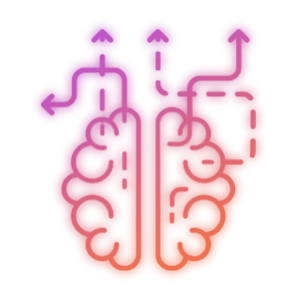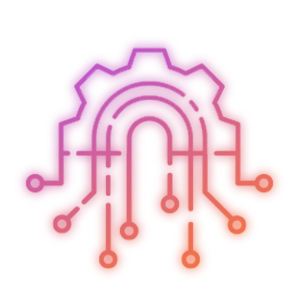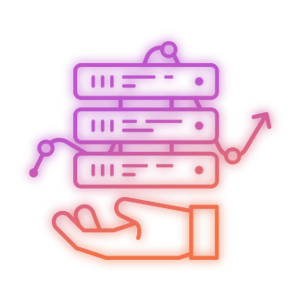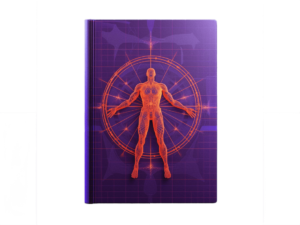Disorder
Reminder: Not medical advice, consult a doctor before, etc. In layman’s terms: Don’t be a dumbass.
For the sake of categorizing the seemingly endless expanse of possible diagnoses, this section is aptly named disorder. Disorder, in a sense, represents the most common issues that modern society now deals with. Conditions include cancer, neurodegenerative disorders, autoimmunity diseases, and metabolic syndrome.
There are many nuances to each disorder, and we can’t paint them all with the same brush. However, a common factor of most diseases seems to be some form of metabolic dysfunction that deprives the area or system of its required energy. Unfortunately, systemic energetic efficiency measurements of each organ system’s cells and mitochondria are not practical, let alone well understood. Even if we could detect an energetic “bleed” from a given area, we wouldn’t be entirely certain what caused it, if whatever caused it was eliciting a natural response, or how to remedy the “bleed” if it wasn’t. However, suppose we had the ability and the time to routinely check individuals for their average cellular energetic output during sympathetic and parasympathetic interactions. In that case, we may have enough data to at least detect when dysfunction was beginning to occur. This would give us enough forewarning to change the person’s lifestyle before symptoms of this dysfunction arise.
The public and some medical professionals currently view dysfunction as bad luck, or the scientism version of luck, a poor genetic hand. Genetics have a part to play in this story of undesired physical disassembly, but it seems that lifestyle and environmental factors play a much more significant role. This will be a welcome idea for some people, knowing that they have greater control over their health than they thought. For those who are much happier living under the guise that there is nothing they can do and would instead rely on a political or medical father figure to look after them, this suggestion may feel like a personal attack. Luckily, there are scientifically proven ways to not necessarily cure (as this word is born of polarized thought anyway), but to rebuild the body to be more functional, and as a consequence, alleviate symptoms of diagnosed dysfunction.
Choose Your Own Adventure

Sickness, Healthspan, and Longevity (To Be Completed)
Defining physical dysfunction, why we should focus on healthspan to prevent it, and its effect on longevity.

Cancer (To Be Completed)
Major forms of cancer, their commonalities, contributing factors, and recovery tools (not "cures").

Metabolic Syndrome (To Be Completed)
Obesity, high blood pressure, high blood sugar, high serum triglycerides, and low serum high-density lipoprotein. Preventing cardiovascular disease, diabetes, and the associated problems.

Autoimmunity (To Be Completed)
The many types of autoimmunity disorders, their common risk factors, and how to maximize healthspan.

Neurodegenerative (To Be Completed)
The common brain degenerative disorders, risk factors, and ways of improving healthspan.

